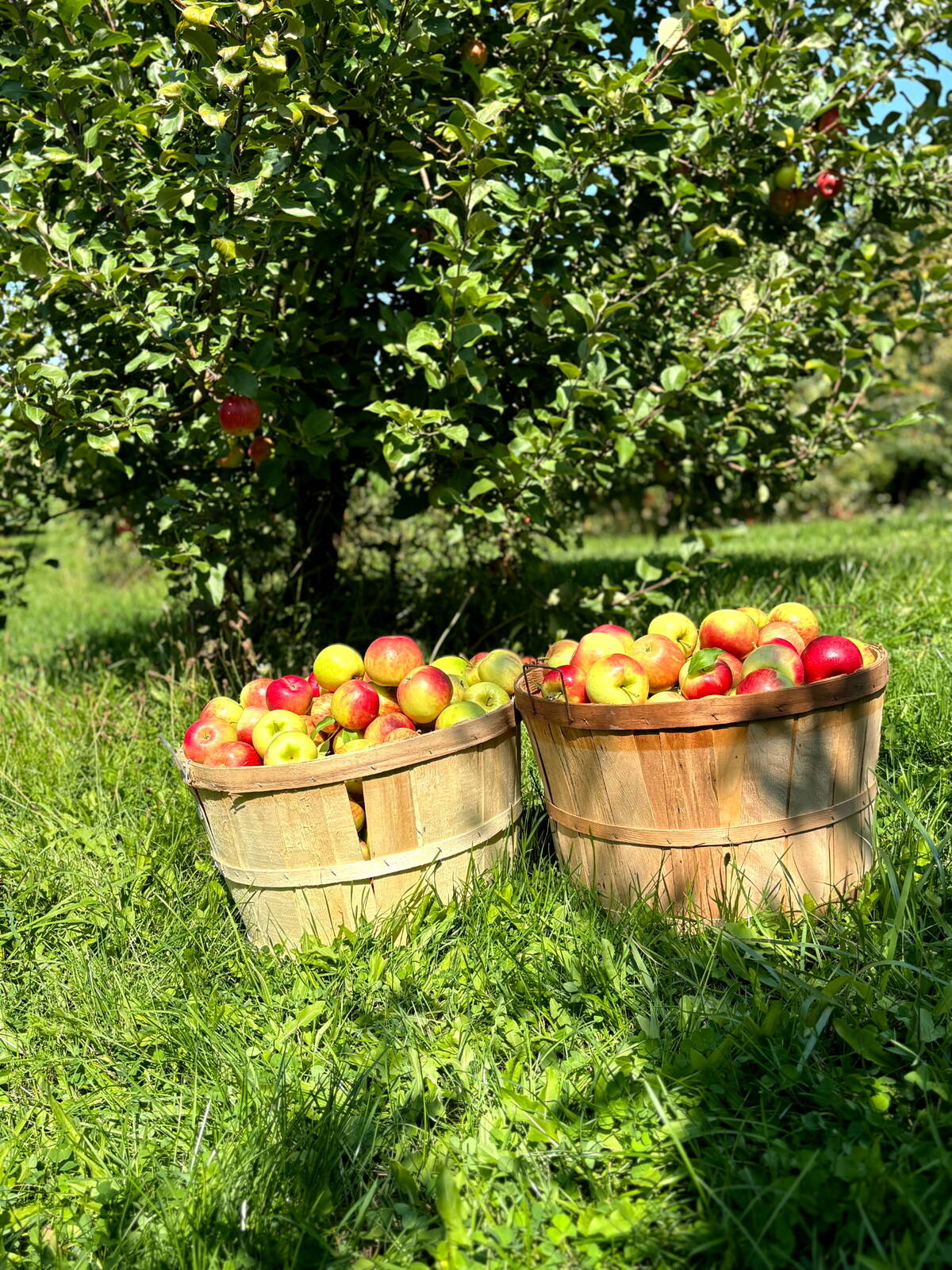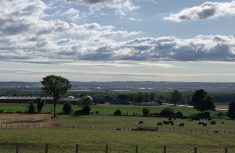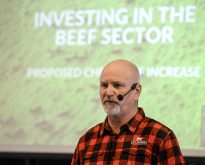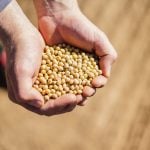It’s a time of generational change in Ontario’s major farm organizations, with significant retirements of long-time stabilizing influences and the hiring of new leaders of a different generation.
Neil Currie, for 19 years general manager of the Ontario Federation of Agriculture (OFA), and Dave Stewart, executive director of Beef Farmers of Ontario (BFO), where he’d been executive director for 15 years, are both now retired and we featured them and some of their thoughts on what’s yet to be done in Ontario agriculture in a recent Farmtario.
Read Also

Farmers taking to social media to spread the word about the cost of farm thefts
A rash of farm thefts in Ontario have left farmers looking for new ways to help customers understand the cost of stealing goods.
The Grain Farmers of Ontario (GFO) announced during its annual meeting during Canada’s Outdoor Farm Show week that its CEO Barry Senft was stepping down after 10 years on the job.
That means turnover at the top of three of the largest and most-influential farm organizations.
The other most-influential organization in the province is Dairy Farmers of Ontario (DFO), and it had its generational change moment more than a year ago when Peter Gould, who held long influence at the organization, retired, being replaced with Graham Lloyd.
Lloyd has since left the organization, proving to be a polarizing figure in Ontario and across the country. He’s been replaced by Cheryl Smith.
I’m hoping that the DFO experience isn’t indicative of how the rest of the new hires at these organizations go, because Ontario agriculture has been through a period of remarkable stability in its farm organizations, since the amalgamation of corn, wheat and soybean organizations in Grain Farmers of Ontario a decade ago.
Before that time, there were examples of challenging politics and divisiveness within several organizations. I heard from those involved in both sides of debates. I haven’t heard nearly as much for the past 10 years.
There are several reasons for this farm group calm. The most obvious is that the past decade has been a time of decent prosperity for farmers (yes, lots of up and downs, but not bad). Commodity prices have been decent. There’s been growth for supply management farmers. Land price gains have given farmers more leverage to access capital (although it has made buying land much more expensive).
There are now fewer farmers just trying to get by and more opportunities to focus on research and market growth that matters.
There’s also been a professionalization of farm organizations that wasn’t there in the past. They make decisions with discipline. There are industry-wide programs like the Advanced Agriculture Leadership Program as well as internal leadership training programs in the main organizations that allowed farmers to arrive at the board table with more understanding of what to expect and how to use the mechanisms of each organization to reach their goals.
Stability in leadership at the management level of these organizations has provided continuity. The managers at the top have quietly gone about their business, letting the results speak for themselves.
There’s going to be a new generation in charge. Cathy Lennon, the new manager of the OFA and Richard Horne, the new executive director of BFO are both experienced, but significantly younger than the people they replaced.
We’ll see who replaces Senft when he leaves GFO in April.
Younger managers are a good thing in a world that’s changing quickly. There are storms we haven’t seen in global trade that are making farmers’ lives more challenging as commodity prices drop and fluctuate at unhelpful levels.
There will be stumbles and false starts (see DFO above), but I am quite interested to see where Ontario farm group leadership settles out in a couple of years.
Ag tech interest comes to Ontario
I spoke about my observations from a career writing about agriculture technology on each day of Canada’s Outdoor Farm Show. Thanks to any who came to listen, but I was fascinated with the number of non-farmers in the audiences.
We hear about growing interest in technology companies in agriculture, but that interest feels like it is often external to Ontario.
No longer, it has arrived here.
At my talks, there were people working on cloud data security, insurance companies looking to insure data and provide information to farmers on how to protect it. There were people who just identified themselves as being from “a technology company interested in agriculture.” There was someone from a British company building micro-robotics for agriculture.
My points in my discussion ring true. There’s an avalanche of technology coming. Pick partners you can trust and who understand farming. Make sure the tech and data talk to your other systems, and above all make sure it pays — and farmers are already good at that.












